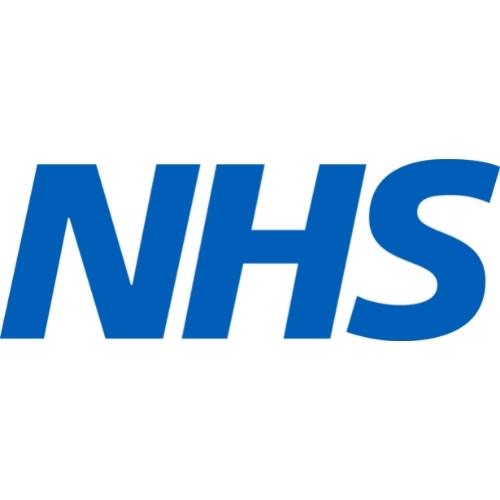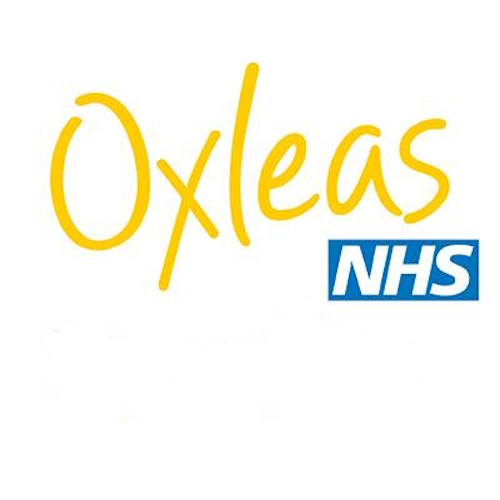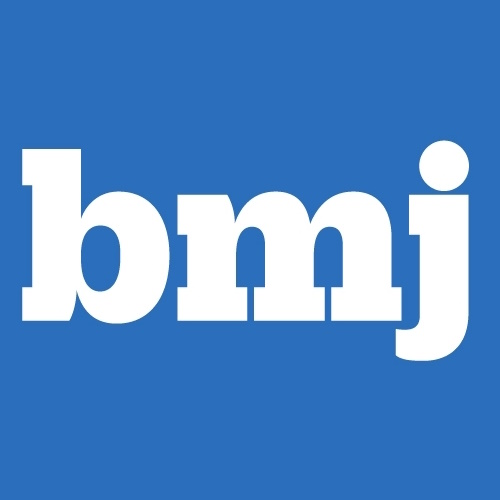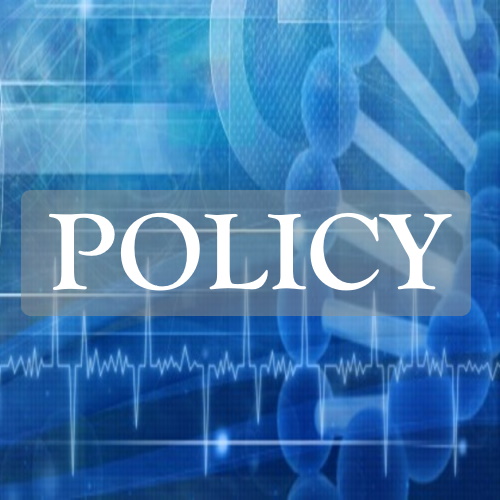Key points from article :
National Health Service (NHS) is still reliant on paper patient notes and drug charts, despite progress towards electronic records and prescribing.
A survey of trusts in England found that 75% of trusts still use paper notes, and 64% use paper drug charts.
There are a number of factors that have slowed the adoption of electronic records and prescribing, including frequent changes in government, lack of funding, and organisational readiness.
Electronic records and prescribing can improve patient safety and efficiency, but many trusts do not track serious incidents that specifically relate to paper.
The NHS is investing £2bn to encourage trusts to adopt electronic patient records (EPRs), but it is unclear whether this will be enough to achieve the goal of a paperless NHS by 2025.
Some trusts are looking at joint procurement with partners and within integrated care systems to overcome the challenges of EPR rollouts.
The use of electronic prescribing can cut medication errors by 30% compared with paper prescribing.
A survey of 250 Oxleas NHS Foundation Trust staff revealed that 96% found the electronic system saved time, with 93% preferring it over paper prescribing.
The findings of the study are published in British Medical Journal which highlight the need for the NHS to accelerate its efforts to implement EPRs.








